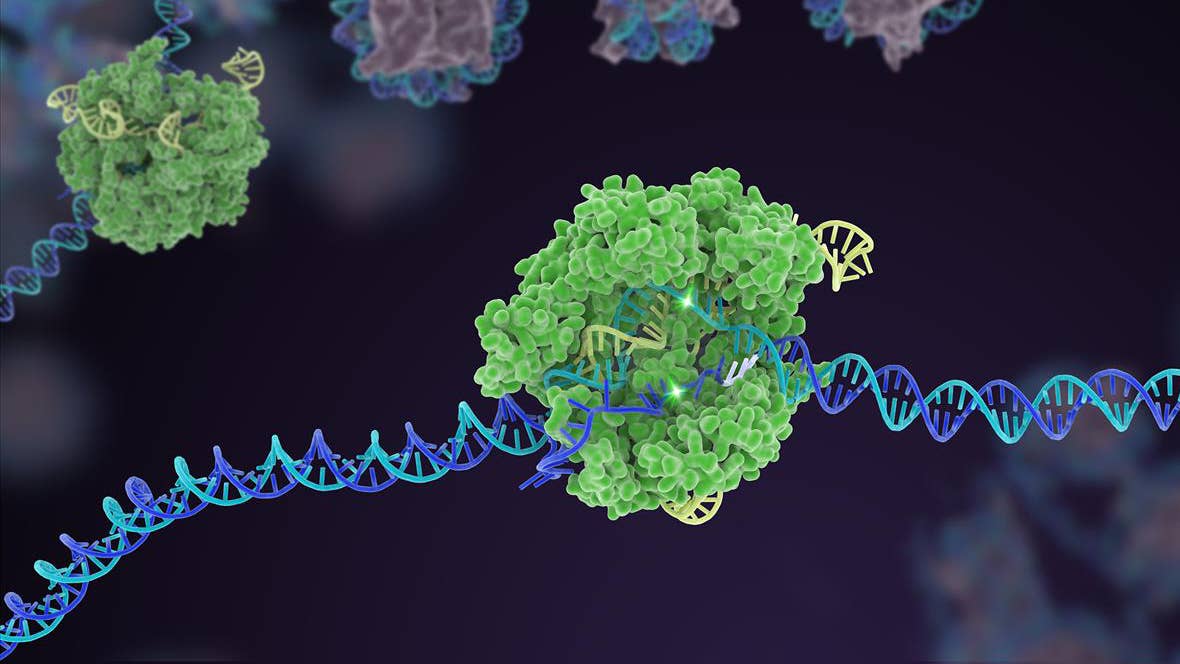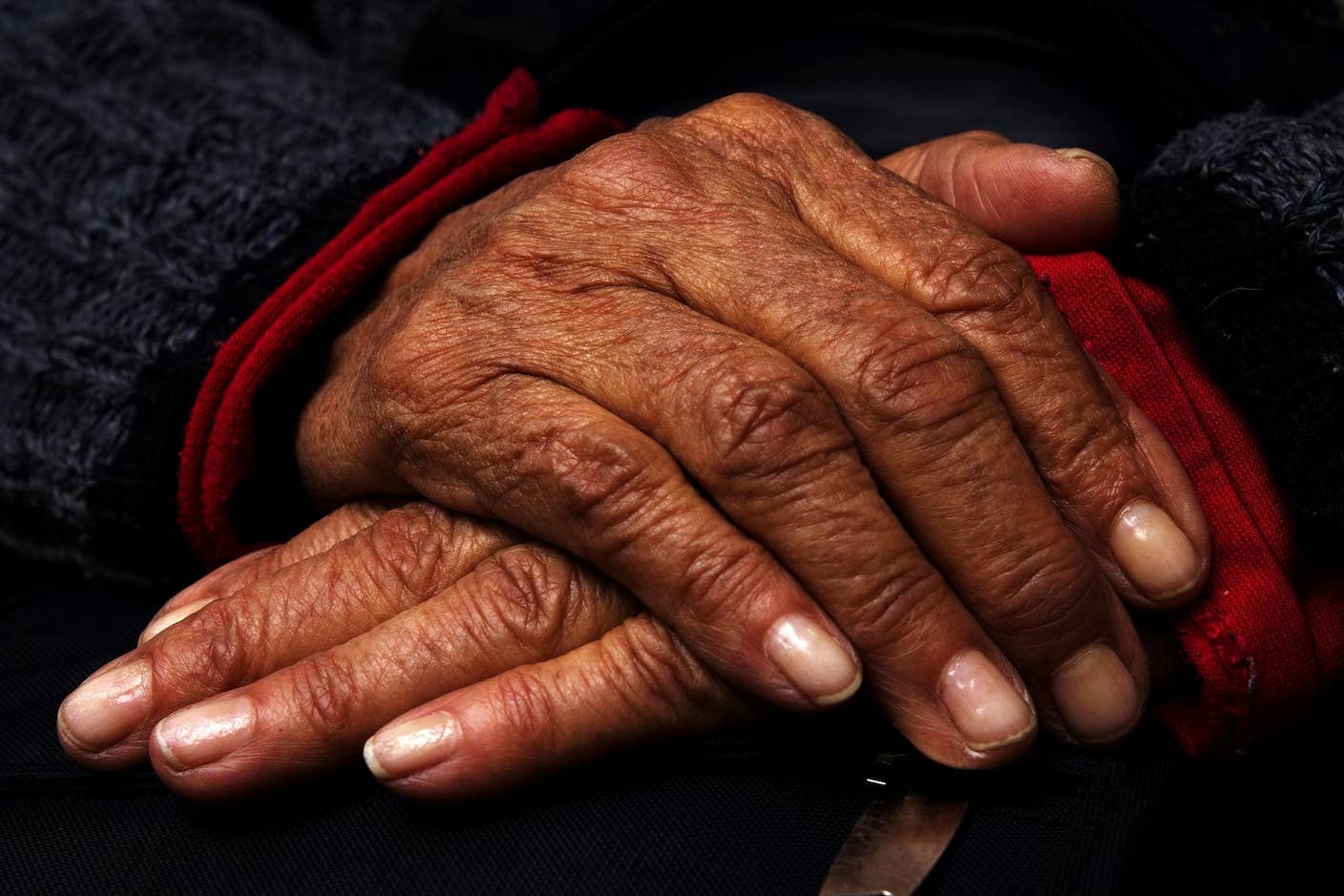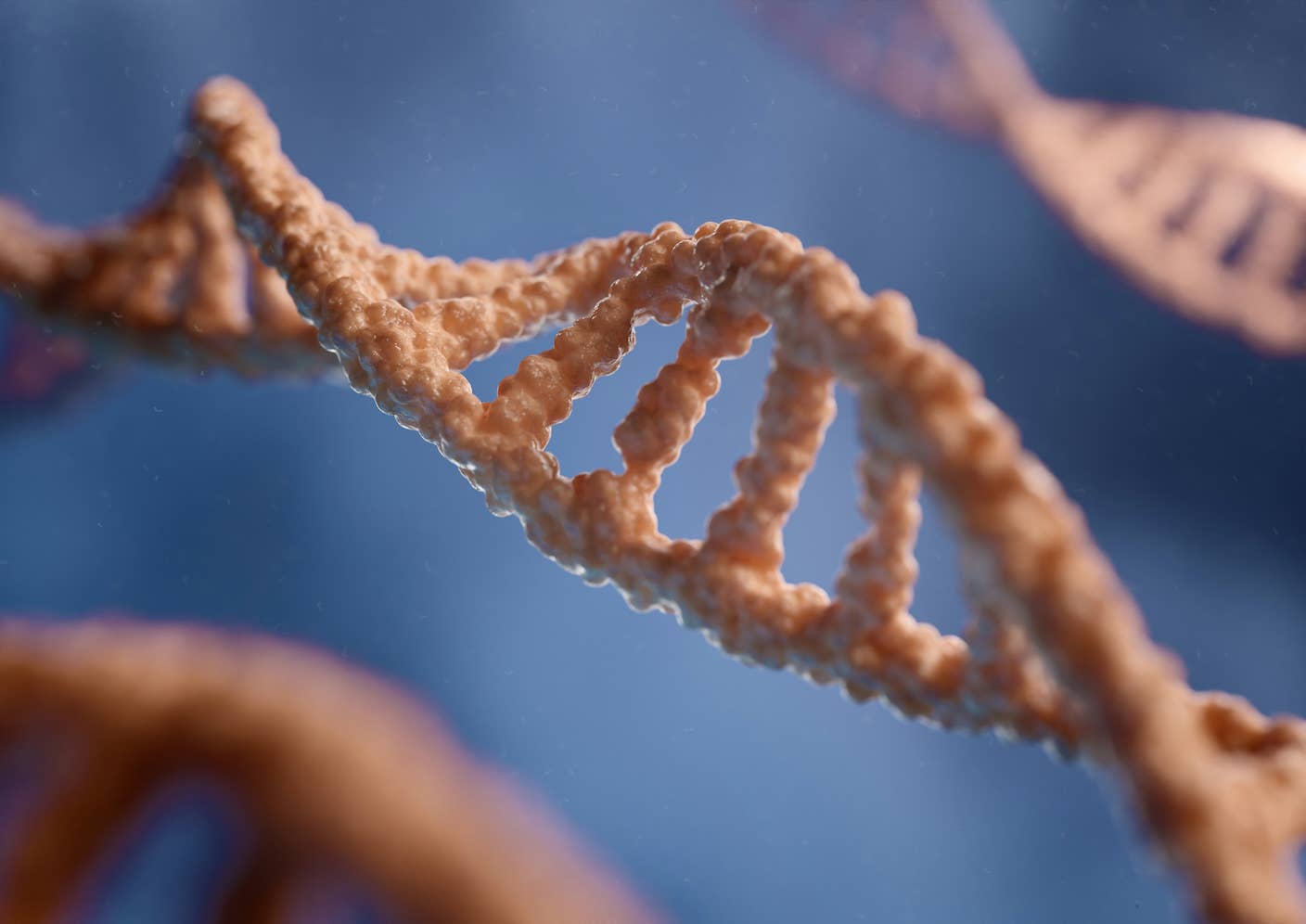Now Recruiting: The Personal Genome Project

Share
Everybody has a database: staffers, bankers, law enforcers and now geneticists, too. The PGP is not a college fraternity (rush Lambda Lambda Lambda) but a new database of mapped genomes and medical records called the Personal Genome Project. It started with just ten people but now it is poised to turn into medical who’s-who of genetic abnormalities. Finally, there’s a definitive way to figure out if dinner guests are diabetic without having to ask that awkward question.
The good folks at the Personal Genome Project, founded by the legendary George Church, have gotten the go-ahead from its host institution, Harvard Medical School, to expand from 10 to 100,000 participants. As a proof of concept, the PGP began with ten people, sharing every facet of their personal information from height and weight to tissue samples and photographs, all of whom allowed the coding region of their genomes to be mapped and put on display online. Now, the PGP is hoping that it will be able to grow their free database and that scientists will start making connections between genetic sequences and medical conditions. Already, the genomes are available for download via BitTorrent.
The opportunity presented by the PGP to foster knowledge about the human body is enormous. As more people become part of the database, clearer links between certain genes, activities, risks and diseases may begin to emerge. Such a project may one day allow doctors to, in a sense, pre-qualify certain patients for risks based on their genetic coding. If a risk is known, then it can be either regularly checked and caught early or even treated before it becomes an issue. This could not only potentially save lives, but it could also be a way to cut healthcare costs. One could assume that small procedures and early detection are much cheaper to both patients and hospitals than a large and in-depth operation.
Be Part of the Future
Sign up to receive top stories about groundbreaking technologies and visionary thinkers from SingularityHub.


There are certainly a lot of people who would object to having all of their personal information up for display, and rightly so. Thankfully, names and addresses are not shown, but just about everything else is. Although being one of the first people to take the plunge and join the PGP may expose all those niggling little physical faults to just about anybody who looks at the database, once a significant portion of the country is in the database, it will be very difficult to intentionally find a single person. Much like phonebooks, Myspace and Facebook, safety is in anonymity. For those interested in joining the 13,000 people who have already volunteered for the project, click here.
Although this genetic database may still be many years off, it is a tour de force of good old-fashioned science. There is no fee to view the listings and the amount of brilliant discoveries that could be made from scouring the list is really limitless. Like any great thing (especially the internet), this database could also be exploited in less than beneficial ways and it will be interesting to see how protection of personal information will balance with freedom of use. Currently, the database has adopted a Creative Commons Zero agreement, placing no restrictions on how people use the data. Be sure to stick with Singularity Hub and we’ll be sure to let you know how that turns out.
Andrew is a recent graduate of Northeastern University in Boston, MA with a Bachelor of Science in Chemical Engineering. While at Northeastern, he worked on a Department of Defense project intended to create a product that adsorbs and destroys toxic nerve agents and also worked as part of a consulting firm in the fields of battery technology, corrosion analysis, vehicle rollover analysis, and thermal phenomena. Andrew is currently enrolled in a Juris Doctorate program at Boston College School of Law.
Related Articles

Souped-Up CRISPR Gene Editor Replicates and Spreads Like a Virus

Your Genes Determine How Long You’ll Live Far More Than Previously Thought

Google DeepMind AI Decodes the Genome a Million ‘Letters’ at a Time
What we’re reading
